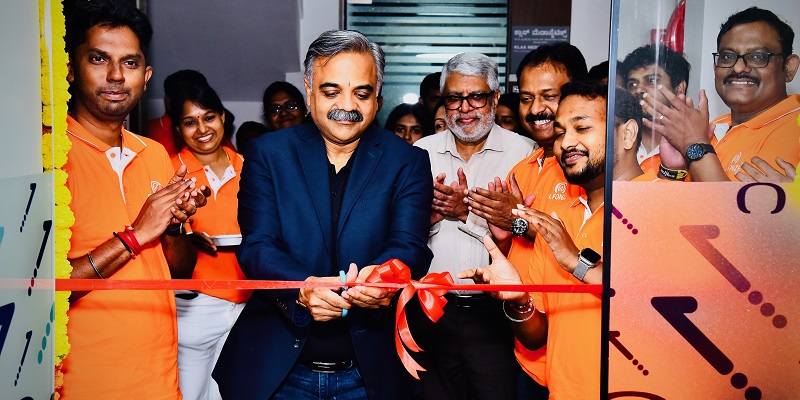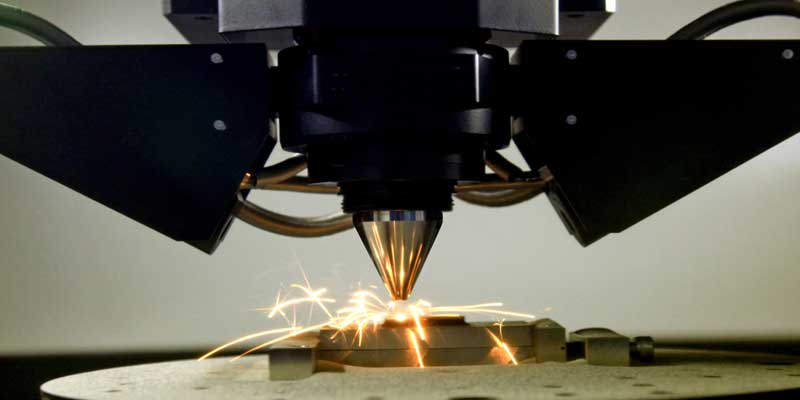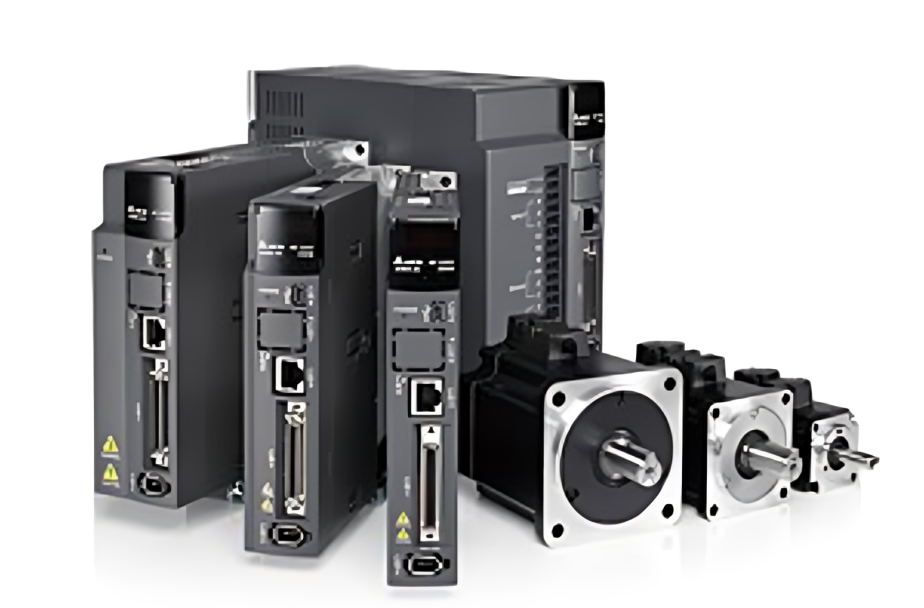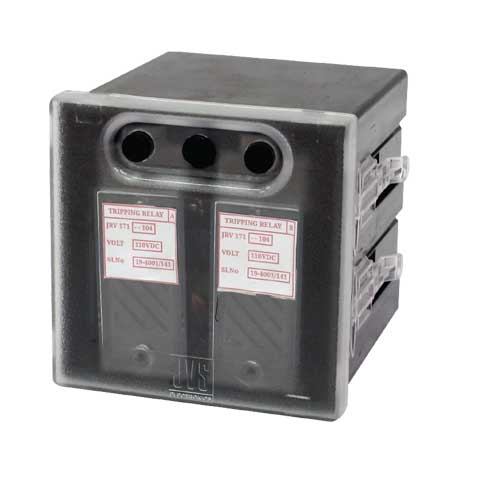Schedule a Call Back
Helping businesses evolve in the virtual space
 Technical Articles
Technical Articles- Jan 04,16
How a small Delhi-based enterprise started in 1991, now acquired by a major Japanese conglomerate is helping businesses get the best out of IT system integration.
W hen New Delhi-based Tarun Seth first explored the revolutionary space of information technology, he knew that it would take him miles ahead. Today, after having being taken over by Hitachi Group, his company, Hitachi Systems Micro Clinic, is one of the forerunners in helping businesses get the best out of IT system integration.
As an end-to-end IT system integrator, Hitachi Systems Micro Clinic helps businesses upgrade to contemporary IT infrastructure. This it does by offering high-end solutions in end-user computing, networking, servers, back-up, storage, virtualisation, security and services. It is, as its founder and managing director, Tarun Seth, says, the need of the hour, and was the need even 25 years ago when it first entered the picture. “What has changed is the scale of operations,” he adds. Taking it a step further, Seth elaborates, “Long back the IT scenario was different in India as compared to the current scenario. It was more about selling and servicing computers. Now, it’s about providing system integration and solutions to complex, big data problems. What has remained constant, however, is that there still exist many businesses that need to get into the virtual space in a big way.”
Seth completed his schooling from St Columbus and did graduation from Delhi University, following which he started his career with companies like Modi Xerox, Raychem Engineering and Computer Point. It was a time when computers were getting into use and Seth saw an opportunity for entrepreneurship. “Companies for computer servicing were missing and there was a huge demand for immediate and on-demand service. Since the computer was very new to the market, the industry had chances to grow within this market. Today, it is growing at a phenomenal rate and yet has reached only 1/4th of its potential,” he states.
It was a challenge though to find a niche. “The initial days were tough as people at that time were not well-educated regarding the IT industry. The cost of setting up an enterprise in this field was really high and that created several roadblocks for us. However, we have managed to overcome all such obstacles over the years and have expanded our presence. In 2014, we were acquired by Hitachi and became Hitachi Systems Micro Clinic. The transformation was a very smooth process,” Seth informs. The specialised portfolio of services that the company now offers includes managed IT services, data centre services that also cover audit and NOC packages, managed print services, professional security services, application services, i.e., Microsoft and Oracle, and cloud migration.
The company’s clients are from different verticals, including government and public sector units, hospitality, healthcare, manufacturing, retail, banking and financial services (BFSI), and education, among others. In the BFSI sector, for instance, the company provides solutions to drive innovation, deliver new efficiencies, and reduce costs. “It is imperative for them to increase business agility by anticipating customer needs, and delivering an engaging user experience. We help banks to focus more on customers, balance costs, and improve risk management,” Seth says. In the healthcare industry, Hitachi Systems Micro Clinic creates IT solutions to help its clients deliver better healthcare services that include accurate assessment of a patient’s condition, enhanced efficiency of staff, access to every information of medical relevance, improved communication network and complete protection of patient information.
“Some of our most important projects have been to create customised IT solutions that help the government and PSUs to build a robust IT infrastructure. Our solutions have helped a number of government organisations increase revenue and efficiency, while controlling costs and fraud. This is done through support, integration, application, managed services and seamless mobility,” Seth adds. What has obviously taken the company places is the brand name of Hitachi, which in India, markets and sells a wide range of products ranging from power and industrial systems, industrial components and equipment, air-conditioning and refrigeration equipment to international procurement of software, materials and components. Some of Hitachi India’s product range includes semiconductors and display components while it also supports the sale of projectors and interactive white boards.
Beginning its journey in 1991, Seth started his enterprise with an eight-member team and the nature of business was mainly break-fix and annual maintenance. The first year’s turnover was Rs 14 lakh. In 1993, it registered as a private company and added the security product Dr Solomon’s anti-virus software. In 1999, it associated with IBM and HP and expanded its presence to Mumbai two years later, following which it spread its reach to Chandigarh and parts of Punjab, Haryana and Himachal Pradesh. Finally, in 2004, it established a pan-India presence. “It has been good progress over the years and with the current new initiatives of the government and the private sector market, we foresee exponential growth. We have built our core competencies by understanding the market and feel we are prepared for the next wave of IT. In fact, we are bringing a lot of proprietary technologies in the field of IT in India to cater to our customers’ requirements,” Seth adds.
The optimism also stems from the fact that over a period of time, cloud adoption has increased and so has the data size, which has been creating a huge need for data analysis. “Another important aspect of any business today is security. Also, the government’s ‘Digital India’ and ‘Make in India’ will prove beneficial to the IT sector. In fact, Digital India is a big initiative along with the smart cities’ project. We at Hitachi System Micro Clinic are collaborating with all Hitachi group companies and working as one big Hitachi conglomerate to provide state-of-the-art implementation and services for these projects in time to come,” Seth states.
Currently present in 16 cities with 150+ service locations across the country, the company is now expanding to more B and C cities. “Also, we have plans to expand our operations in the Middle East. In India, we are looking at the eastern and southern regions to spur our growth curve,” Seth adds. Taking into account the bigger IT picture of India, Seth says: “There is no denying the fact that India is growing in the field of e-commerce and networking. And some of the big players like Snapdeal and Flipkart are ushering in a revolution of sorts in the e-commerce segment. According to experts, this segment is likely to grow 200 per cent year on year. Retailing apart, almost every business or service is getting on to the IT platform to be able to survive in a highly competitive environment. IT is therefore the future.”
– HUNED CONTRACTOR
Related Stories

Indian manufacturing sector enters a golden age: N Chandrasekaran
Tata Group plans to create 500,000 manufacturing jobs over the next half-decade, said N Chandrasekaran, Chairman of the conglomerate, in his New Year message to employees.
Read more
Elfonze Technologies expands new office in Bengaluru
The milestone celebrates the company’s remarkable growth and highlights commitment to innovation, collaboration, and employee well-being.
Read more
The 3D metal revolution
India is rapidly emerging as a frontrunner in the world of 3D metal printing, a technology that is reshaping the way industries approach manufacturing. From aerospace to automotive, healthcare to de..
Read moreRelated Products

Bopp Tape
Keval Industries offers a wide range of bopp tape.

Ac Servo Motors and Drives - Asda-a3 Series
Delta Electronics India Private Limited offers AC servo motors and drives - ASDA-A3 Series.
Read more
High Speeed Tripping Relay Two Element
JVS Electronics Pvt Ltd offers a wide range of high speed tripping relay two element JRV171x2.
Read more










